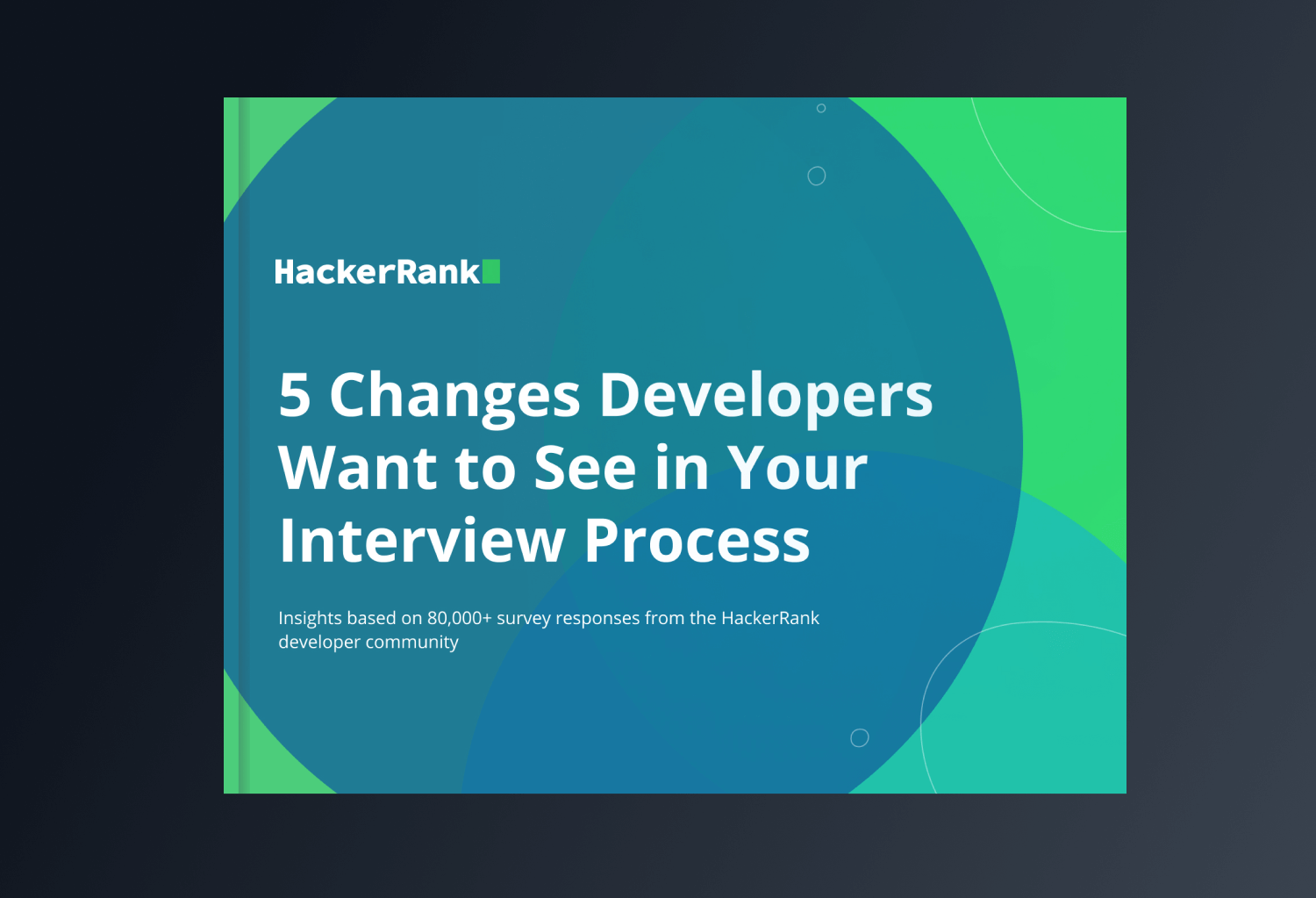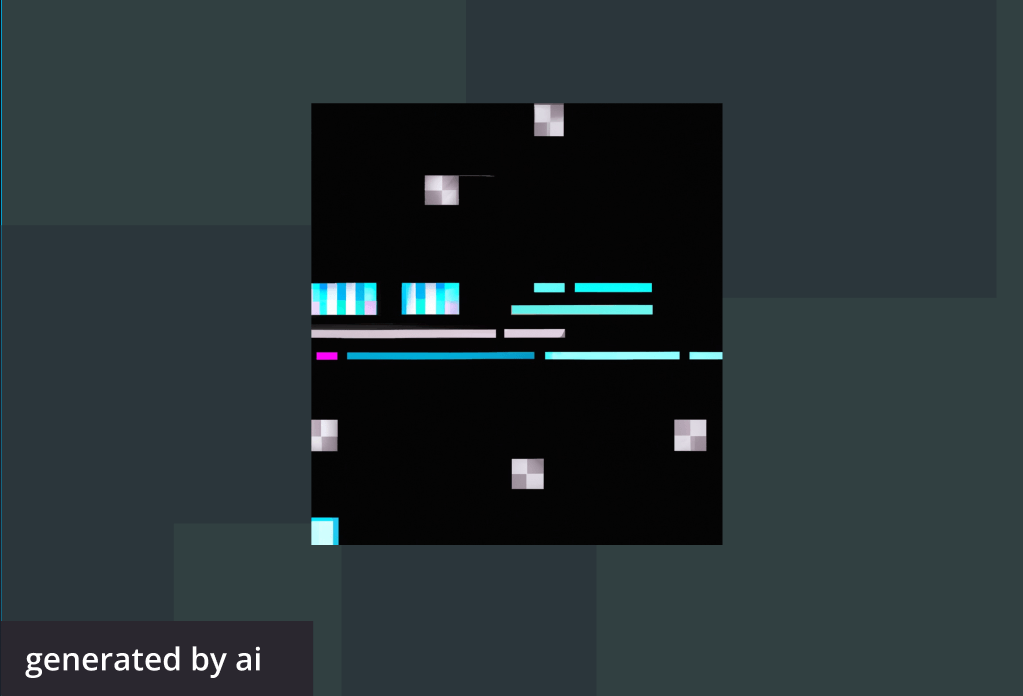Roles directory / Software Engineering
Software Engineer
Overview
Software engineers are responsible for designing, developing, and maintaining software applications. They use their technical skills to write clean, efficient, and high-quality code to solve complex software problems.
Also known as:
Software Developer, SDE, SDE 2, Software Development Engineer
Skills
- Problem Solving Basic
- SQL Basic
- REST API Intermediate
- Technical Communication
- Code Quality
- Language Proficiency
- System Design
Typical years of experience
0
Software Engineer
| 190 | Role-related questions |
|---|---|
| Unlimited interviews | |
| Interview templates |
Resources
Learn more about
HackerRank
HackerRank



